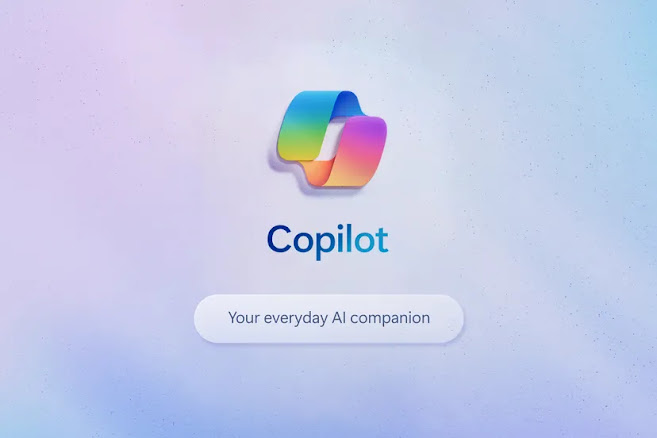Microsoft launched its major AI push earlier this year as part of its Bing search engine, incorporating a ChatGPT-like interface right into search results. Now, less than a year later, it's ditching the Bing Chat branding in favor of Copilot, the new moniker for the chat interface found in Bing, Microsoft Edge, and Windows 11.
Microsoft first touted Google search rivalry for its AI goals earlier this year, but it now appears to be focusing on ChatGPT instead. The renaming of Bing Chat comes only days after OpenAI disclosed that 100 million users use ChatGPT on a weekly basis. Despite a billion-dollar agreement, Microsoft and OpenAI continue to fight for the same customers looking for AI assistants, and Microsoft is obviously attempting to promote Copilot as a viable alternative for both consumers and companies.
"Bing Chat and Bing Chat Enterprise will now simply become Copilot," explains Colette Stallbaumer, Microsoft 365 general manager. The official name change comes just a few months after Microsoft chose Copilot as the branding for its chatbot within Windows 11. The Bing Chat logo was not completely removed at the time, but it is now.
Copilot is now positioned as the free version of Microsoft's AI chatbot, with Copilot for Microsoft 365 (which was previously known as Microsoft 365 Copilot) as the subscription option. The free version of Copilot will continue to be available through Bing and Windows, but it will also have its own dedicated domain at copilot.microsoft.com, similar to ChatGPT.
Consumers will require a Microsoft Account to access the free Copilot program, while business users will use an Entra ID. Microsoft Copilot is presently only officially supported in Microsoft Edge or Chrome, as well as on Windows or macOS.
When Microsoft unveiled Bing Chat earlier this year, the firm characterized the chatbot as a "AI-powered copilot for the web," and we've seen the business utilize the Copilot branding for a number of AI endeavors since then, after GitHub's usage of the name last year.
With this new rebranding, Copilot is becoming more of a stand-alone experience that no longer requires you to travel to Bing to access. Bing is only a component of what today powers Copilot. However, the departure from Bing is intriguing, considering that Microsoft invested heavily in starting its AI initiatives within its search engine and positioning it as a method to grab market share from Google.
However, Microsoft argues that Bing is still an important part of Copilot. "Bing remains a prominent brand and technology powering many Copilot experiences while continuing to be a leader in the search industry," Caitlin Roulston, director of communications at Microsoft, tells The Verge in a statement.
Earlier this year, at the time of the Bing Chat launch, Microsoft held an internal Q&A for workers to gather answers regarding their AI search effort. According to sources familiar with the conversation, Yusuf Mehdi, Microsoft's consumer chief marketing officer, explained why the business chose Bing over a new brand like Microsoft Copilot at the time.
"It's a neutral vessel, so all of the research from the branding team shows that people are basically neutral on Bing, which is generally a good thing," Mehdi remarked to Microsoft staff in a February internal conference. He also stated that Bing brand awareness was worth roughly $200 million USD. "We asked ourselves, 'Do we want to start from scratch or build on that?'" It has all the positive characteristics: four letters, one syllable, worldwide, and equity. So we decided to stick with the Bing brand."
Bing will no longer be the primary entry point for Microsoft's AI goals with Copilot, and it's unclear whether the software maker's push for AI search was ever successful. Microsoft CEO Satya Nadella referred to Google as an 800-pound gorilla that he wanted to dance with earlier this year, but Google hasn't hurried to integrate AI into its search results in the same manner that Microsoft has. According to StatCounter, Google still has a 91 percent market share nearly 10 months after the launch of Bing Chat.

